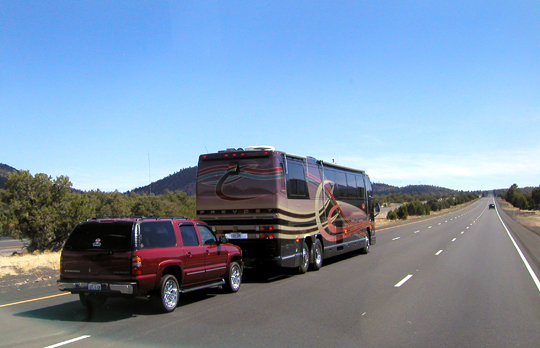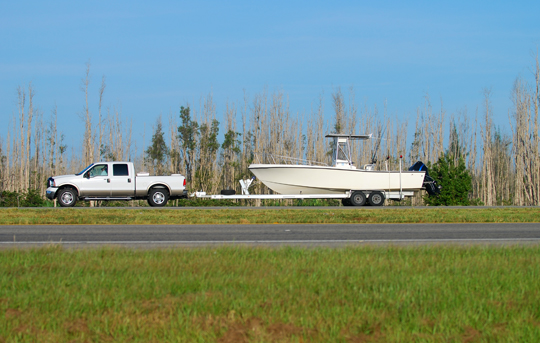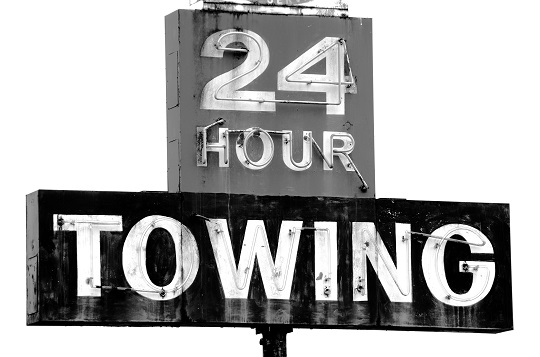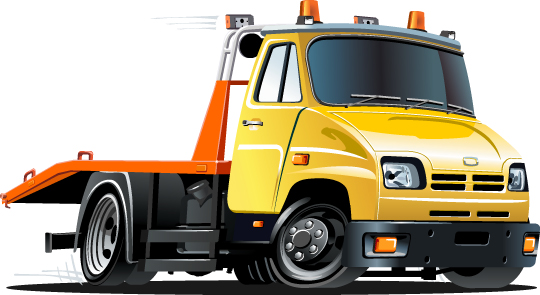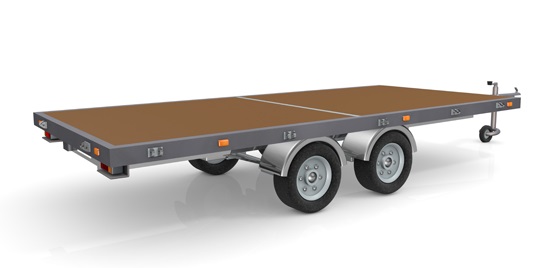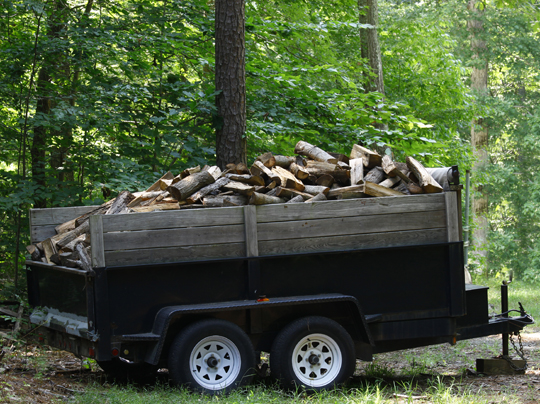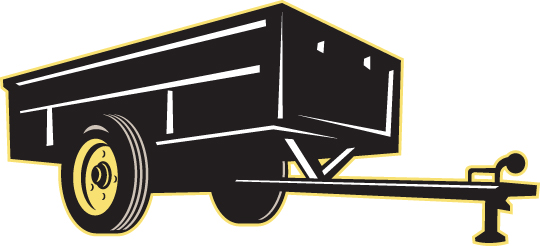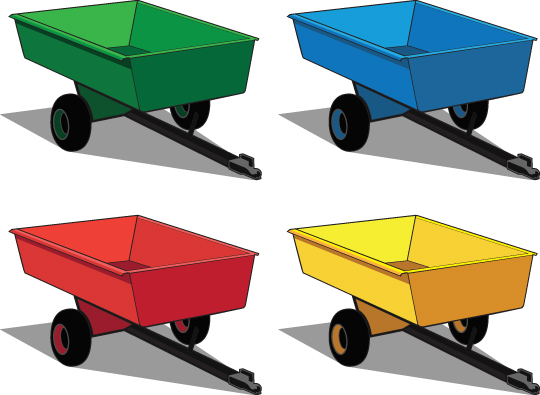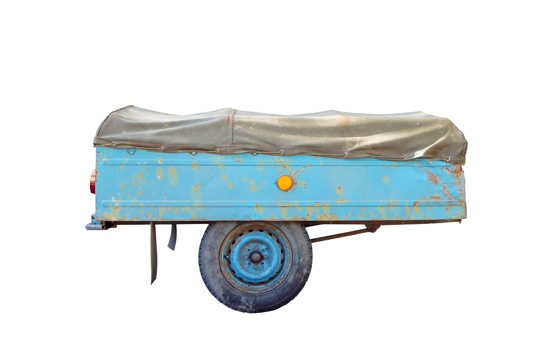Talon-USA manufactures the Talon brand of air towing suspension products for American pickup trucks. They cater to customers who use their pickups for hauling or towing, providing them a comfortable, safe, and secure ride.
Talon towing suspension kits are designed and built to be used as a complete system to offer a superior ride, so they are sold as a ready-to-install package for around $3,000, and products are not available as individual components. These kits are popular among heavy-duty and serious drivers from businessmen to RV lovers, and those into racing and equestrian sports.
Features
The state-of-the-art Talon towing suspension kits offer exceptional features that are intended specifically for towing large and heavy trailers. It is designed to provide a comfortable ride and excellent handling even with an empty trailer.
These kits also offer standard features and suspension accessories such as user-friendly in-cab controls, low pressure monitor light, a backlight tire pressure gauge, and powerful precision break system.
Talon towing suspension kits replace regular leaf spring packs with link suspensions that are built for towing comfort and control. Ride quality is greatly improved with top-quality air bags while system parameters are maintained by a self-regulating control unit inside the cab.
Talon also employed a trailing design for the lever arm to keep the axle at a pinion angle as it travels throughout its entire range. This design has eliminated torque shudders, wheel hops, and axle wraps.
All-in-One Package
Talon towing suspension kits are inclusive, all-in-one towing packages where customers will find everything they will need, from the main parts to installation components such as mounting hardware and wiring. Each of these kits contains:
– Talon’s patented link system
– Highest quality air springs
– 12V air compressor
– Air reservoirs
– Air circuit
– Rear tuning and front-matched shocks
– Auto-leveling kit
Installation and Support
Talon towing suspension kits are available from authorized dealers. Installation will be handled by your dealer. Installing the system is easy, requiring no drilling of holes, no welding, and no cutting. This system is USA-made and has earned the trust and support of auto professionals and various of serious drivers. It is also backed by a 5-year limited warranty.
Call for Professional Auto Services
In case you have not upgraded to a Talon suspension system yet or you need additional towing services, you can find the right professionals through Seva Call. We’ll connect you with reliable, professional towing companies that are based in your area. Contact us now and speak to towing professionals in minutes!

